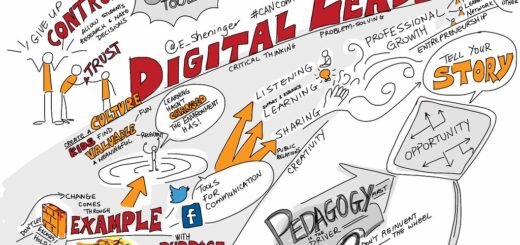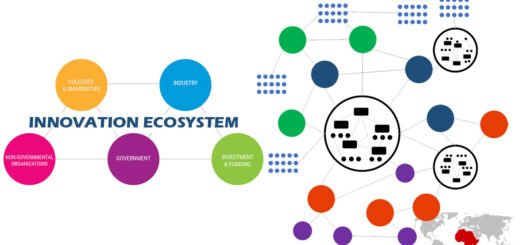AI Capacity Building in Africa
In recent years, there has been a growing interest in the field of artificial intelligence (AI) and its potential to transform various industries and sectors. Africa, with its vast potential and untapped resources, is no exception. The continent has recognized the importance of AI capacity building and is taking significant steps to harness its power to drive digital transformation and empower African communities.
The Need for AI Capacity Building in Africa
Africa is home to a young and dynamic population, with over 60% of its population under the age of 25. This demographic dividend presents a unique opportunity for the continent to leverage AI and emerging technologies to address its socio-economic challenges and accelerate development.
However, to fully harness the potential of AI, there is a need for capacity building initiatives that focus on providing the necessary skills, knowledge, and resources to African communities. This includes training programs, educational initiatives, and infrastructure development to ensure that Africans are equipped with the tools to leverage AI effectively.
AI and Digital Transformation
AI has the potential to revolutionize various sectors, including healthcare, agriculture, finance, and education. By leveraging AI technologies, African communities can overcome existing challenges and improve the quality of life for its citizens.
In healthcare, AI-powered diagnostic tools can help overcome the shortage of healthcare professionals, especially in rural areas. These tools can analyze medical data, provide accurate diagnoses, and recommend appropriate treatments, thereby improving access to quality healthcare services.
In agriculture, AI can enhance productivity and efficiency by providing farmers with valuable insights and predictions. AI-powered systems can analyze weather patterns, soil conditions, and crop data to optimize farming practices, increase yields, and reduce waste.
The finance sector can also benefit from AI technologies. AI-powered chatbots and virtual assistants can provide personalized financial advice, assist with transactions, and improve access to financial services for underserved populations.
In the education sector, AI can support personalized learning experiences and bridge the educational gap. AI-powered platforms can adapt to individual learning styles, provide targeted feedback, and offer access to educational resources, regardless of geographical location.
Empowering African Communities
AI capacity building in Africa goes beyond technological advancements. It also plays a crucial role in empowering African communities by fostering innovation, entrepreneurship, and job creation.
By equipping individuals with AI skills, Africa can nurture a generation of innovators and entrepreneurs who can develop locally relevant solutions to address pressing challenges. This can lead to the creation of new businesses, job opportunities, and economic growth.
Furthermore, AI can help bridge the digital divide by providing access to information and services in remote and underserved areas. Mobile applications powered by AI can deliver educational content, healthcare information, and financial services to communities that lack traditional infrastructure.
Challenges and the Way Forward
While the potential of AI in Africa is immense, there are several challenges that need to be addressed. These include limited access to technology, inadequate infrastructure, and the need for tailored AI solutions that address local needs and cultural contexts.
To overcome these challenges, collaboration between governments, private sector organizations, and educational institutions is crucial. Partnerships can facilitate the development of AI-focused policies, investment in infrastructure, and the establishment of training programs that cater to the specific needs of African communities.
Additionally, there is a need for ethical considerations and responsible AI practices. This includes ensuring data privacy, transparency, and fairness in AI algorithms to prevent any unintended biases or negative consequences.
Conclusion
AI capacity building in Africa has the potential to transform and empower African communities with digital technologies. By investing in AI education, infrastructure, and innovation, Africa can leverage AI to overcome challenges, drive economic growth, and improve the quality of life for its citizens. It is essential for stakeholders to work together to build a sustainable AI ecosystem that benefits all Africans and ensures inclusive development.




okay